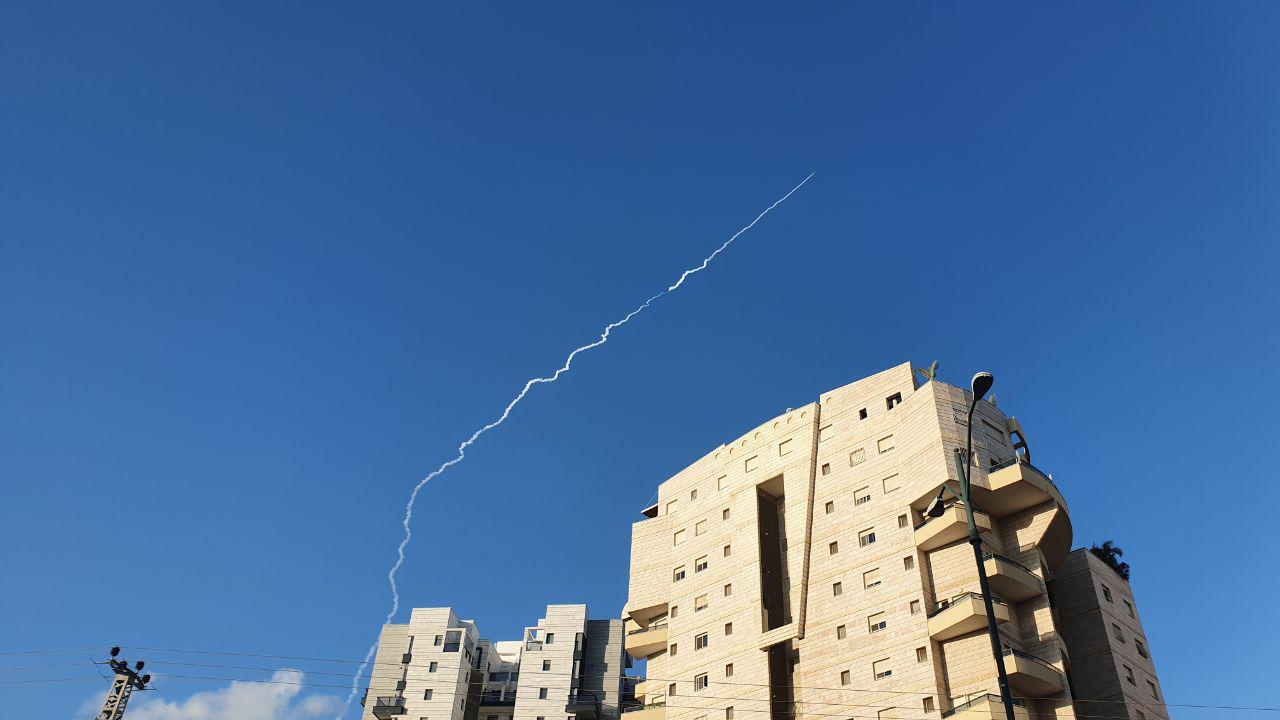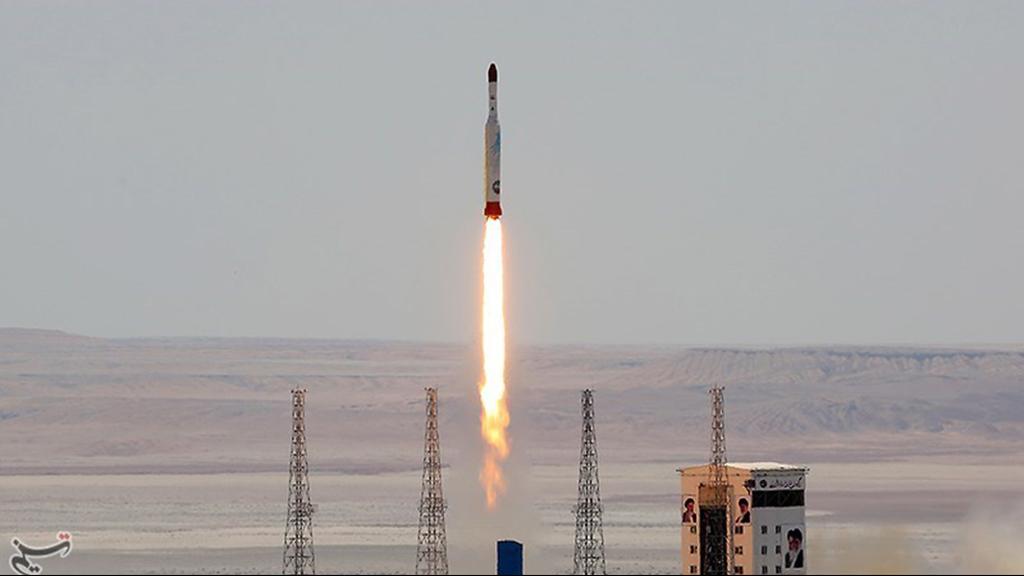Getting your Trinity Audio player ready...
A superpower's deterrence rests on the traditional three pillars of any military: sea - underwater arsenal such as submarines, air - aerial capabilities such as drones and warplanes, and land - infantry weapons such as long-range missiles that have the ability to carry powerful warheads long distances.
This is nothing less than an insurance policy meant to ensure your enemy's destruction before your own.
According to foreign publications, Israel is keeping its insurance policy very close to the chest - with both hands.
When former IDF chief of staff Gadi Eisenkot said recently that "Israel is an unbeatable country," it's safe to assume he was referring to these pillars.
One could even deduce it from the statements made the Finance Ministry, whose officials periodically weep over the swollen budget given to the Defense Ministry, because they know that the big money doesn’t go to the soldiers or officers, it goes to Israel's insurance policy.
On December 6, the Defense Ministry announced "an experimental launch of a rocket fueled propulsion system."
These experiments are part of routine trials to test or maintain new and various developments, but their deterrence factor is unquestionable.
The Iranians don’t need any announcements from the Defense Ministry. They can track such experiments and launches from Israel by themselves, or ask others, like the Russians, to keep tracks of such things.
3 View gallery


IDF Chief of Staff Aviv Kochavi talks to troops during a visit to a naval base in northern Israel
(Photo: IDF Spokesperson's Unit)
It didn't take long for Iranian Foreign Minister Mohammad Javad Zarif to use Israel's experiment to feed his country's propaganda machine.
Zarif quickly claimed that Israel is threatening Iran with nuclear warheads and criticized the European Union's demand of Tehran to disarm itself of any long-range ordnance.
Whether Zarif is correct or not regarding Israel's ballistic capabilities isn't important, as his statement in nothing more than a move in the grand deterrence game between the two countries.
In these last few months, the game has escalated due to the growing concerns in Israel that Iran would conduct several missiles strikes on Israeli targets in order to discourage any attacks on its own infrastructure in Syria and Iraq.
Its safe to assume that the next experimental Israeli rocket launch will serve to remind Zarif that Israel has the capability and perhaps even the intent to respond to any attacks with a retaliation strike on Iran's very own soil.
The entire world assumes that Israel has the capability to manufacture intercontinental rockets since it launched its first reconnaissance satellite, Ofek-1, in 1988 using solid fuel.
Over the years, there have been differing reports about a specific missile that can travel 4,000-7,000 km (the range varies from report to report), those all using reports a Biblical moniker - "Project Jericho.
The name was attributed to a supposed missile model Israel has created in the 60s with the help of the Dassault Aviation company that manufactured Israel's ordnance at the time.
According to more recent reports, Israel is actually one of the only few countries who is capable of manufacturing intercontinental missiles, using a government-owned security company known as Tomer.
The Iranian equivalent to the supposed Jericho Project, and currently the biggest threat to Israel, are the ballistic missiles known as Shahab-3C and 3D.
From what little can be gathered, these models of the Shahab missile boast greater navigational capabilities, greater range and improved precision.
So yes, Israel may have flexed its muscles during its last experimental run, but why not? We are after all a superpower.



